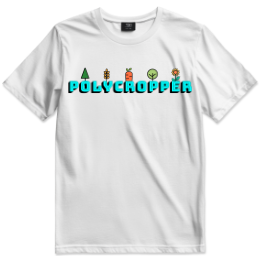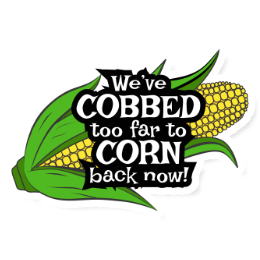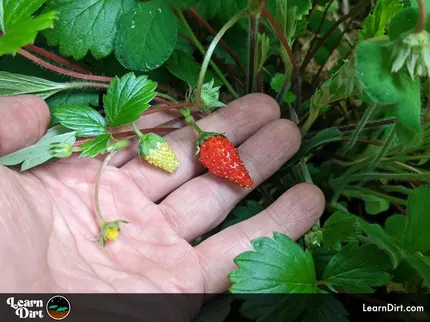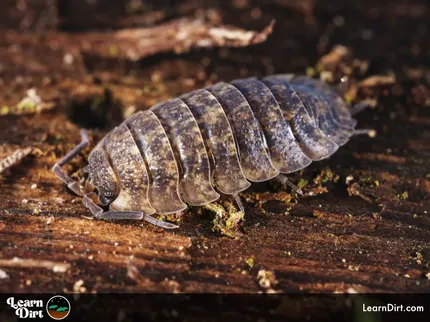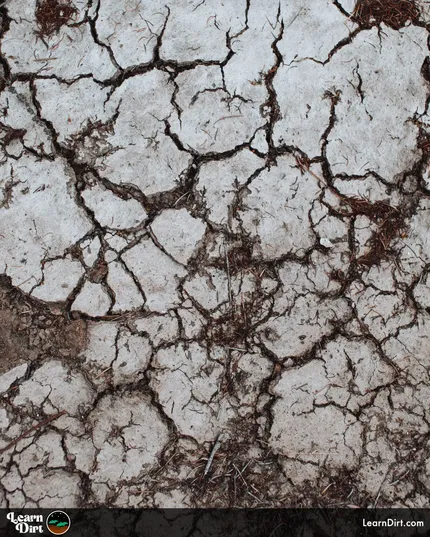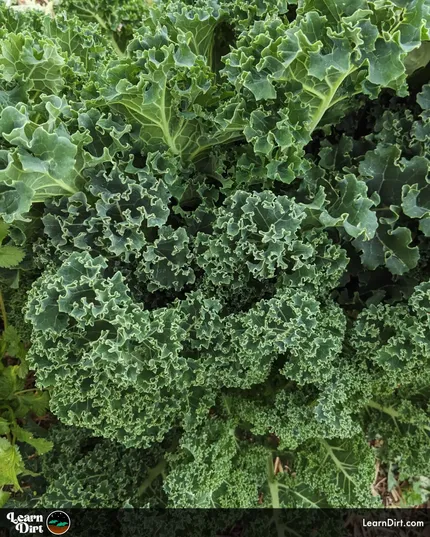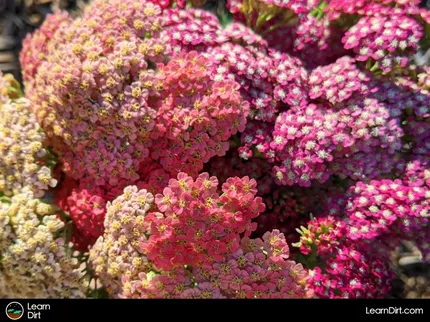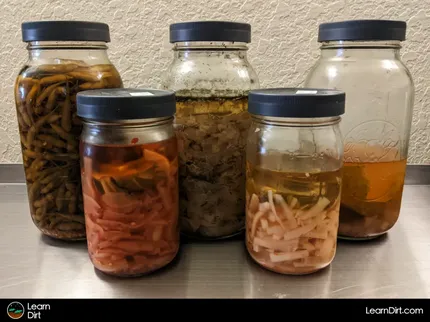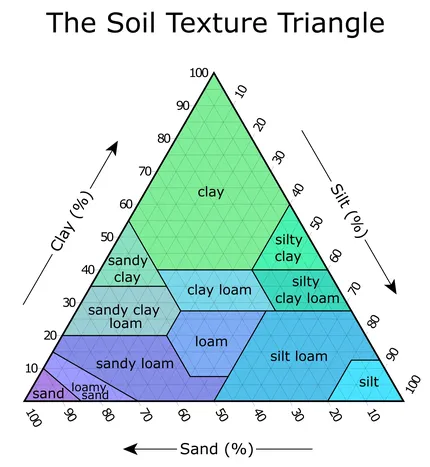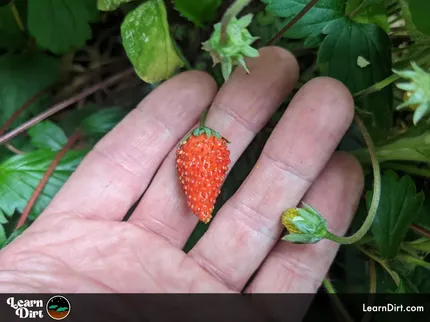Table of Contents
- What to Use Instead of Miracle Gro
- Moving Beyond Products: The Better, Cheaper, Natural Alternatives
- Final Notes...
* Our articles never contain AI-generated slop *
If you're looking for better alternatives to Miracle-Gro, you probably already know about the problems with using it. If not, check out our explainer on what the issue with Miracle Gro is.
Fortunately, there are much better ways to grow plants than synthetic chemicals, all without killing your soil and polluting the groundwater (as synthetics do).
Welcome to the wonderful world of organic gardening!
Disclaimer: This post may contain affiliate links. Refer to the privacy policy for more information.
Miracle-Gro does sell some organic products these days, and I've heard perfectly fine things about those. You'll find some alternatives I like below, as well as an invaluable section after that with tons of great info on moving past products altogether - the holy grail!
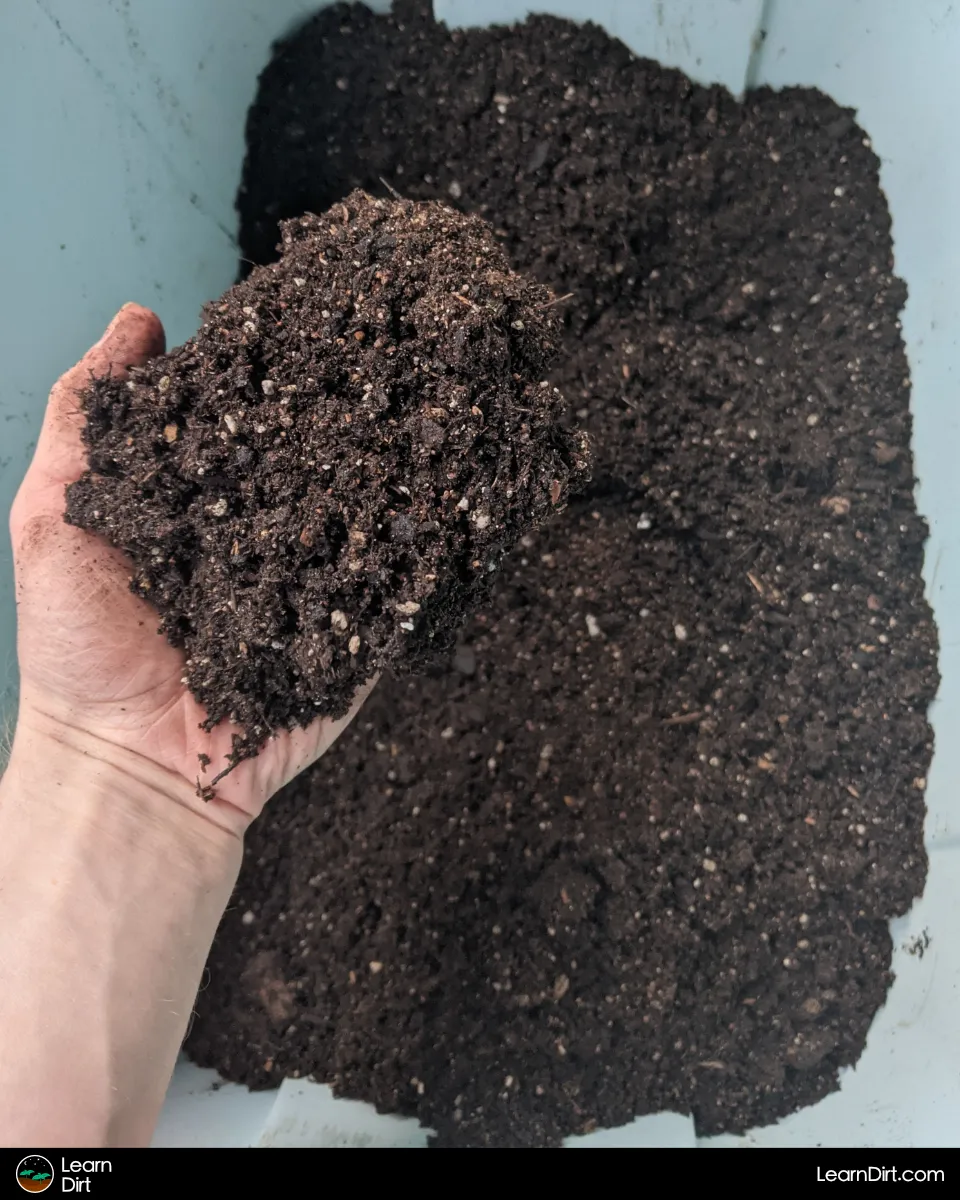
What to Use Instead of Miracle Gro
The simple answer is to switch to organic gardening, which means using organic nutrient sources rather than synthetic chemicals like the ubiquitous blue crystals from Miracle-Gro.
If you're just getting into organic gardening, the simplest way is to check your local garden center for nutrient sources which have the "OMRI-approved" stamp on them.
What Does OMRI-Approved Mean?
OMRI is the Organic Materials Review Institute, a non-profit started over 25 years ago which assesses gardening products and approves those which are chemical-free and 100% organic.
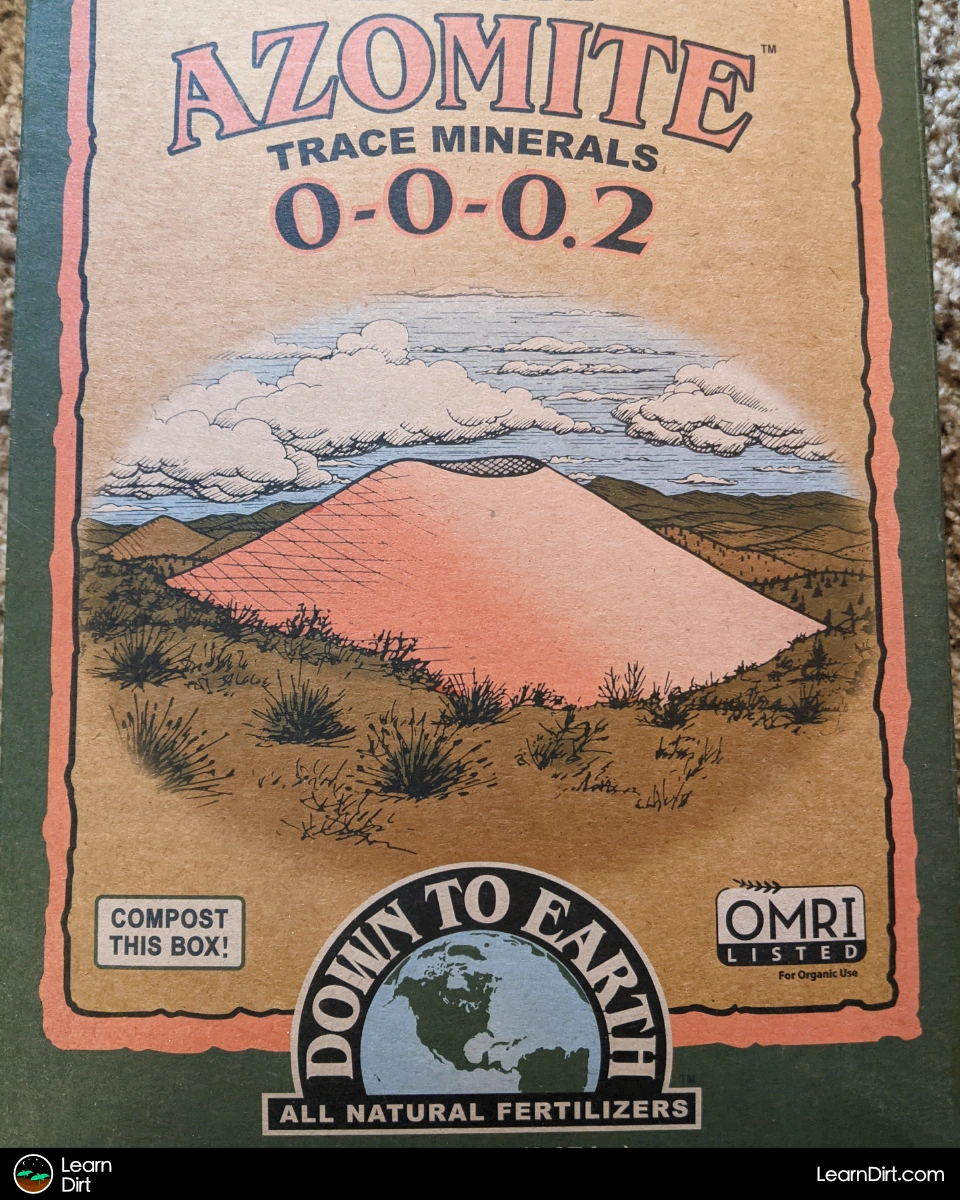
Check out the OMRI list of 10,000+ products certified for organic use, it's extensive!
Organic Fertilizer
If you'd prefer to just grab a few organic-certified products and get started ASAP, these products will get your garden going fast:
- Down To Earth Organic Vegetable Garden Fertilizer
- Down To Earth Alfalfa Meal
- Down To Earth Rock Phosphate
- Down To Earth Kelp Meal
These are listed in order of importance, with what plants need most at the top. Any vegetable garden or potted plant could benefit from these organic amendments.
Join The Grower's Community
Your space to connect, learn, and belong 🌱
Check It Out!
Sprinkle them on your soil, water them in, and you're in business!
Organic Fertilizer for Vegetables
Either of the following are great all-around organic fertilizers and will give a great boost to your veggies during their vegetative growth phase:
If you're growing veggies that flower, fruit, or develop roots or tubers, give this one a try later on in their lifecycle:
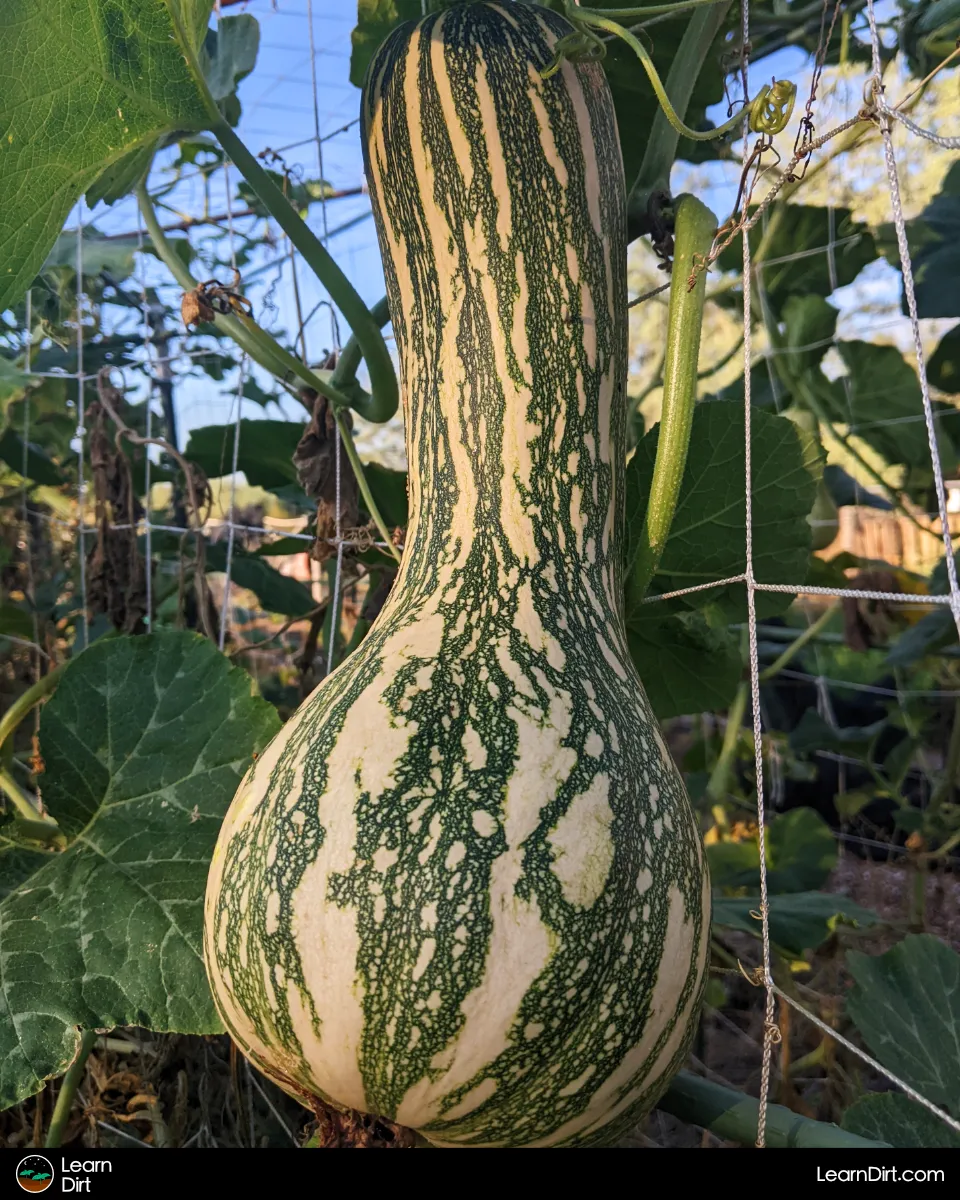
Best Indoor Plant Food
Indoor plants like houseplants are known for their low-light tolerance, and relatively slow metabolisms as compared to full-sun plants.
Because of this, you'll want to feed your indoor houseplants small doses of plant food, infrequently.
This stuff is really good for houseplants, because its liquid and will therefore be more available to the relatively inactive soils in which houseplants are kept:
Best Flower Fertilizer
The flowering stage of plant growth requires more phosphorus, as compared to the vegetative stage.
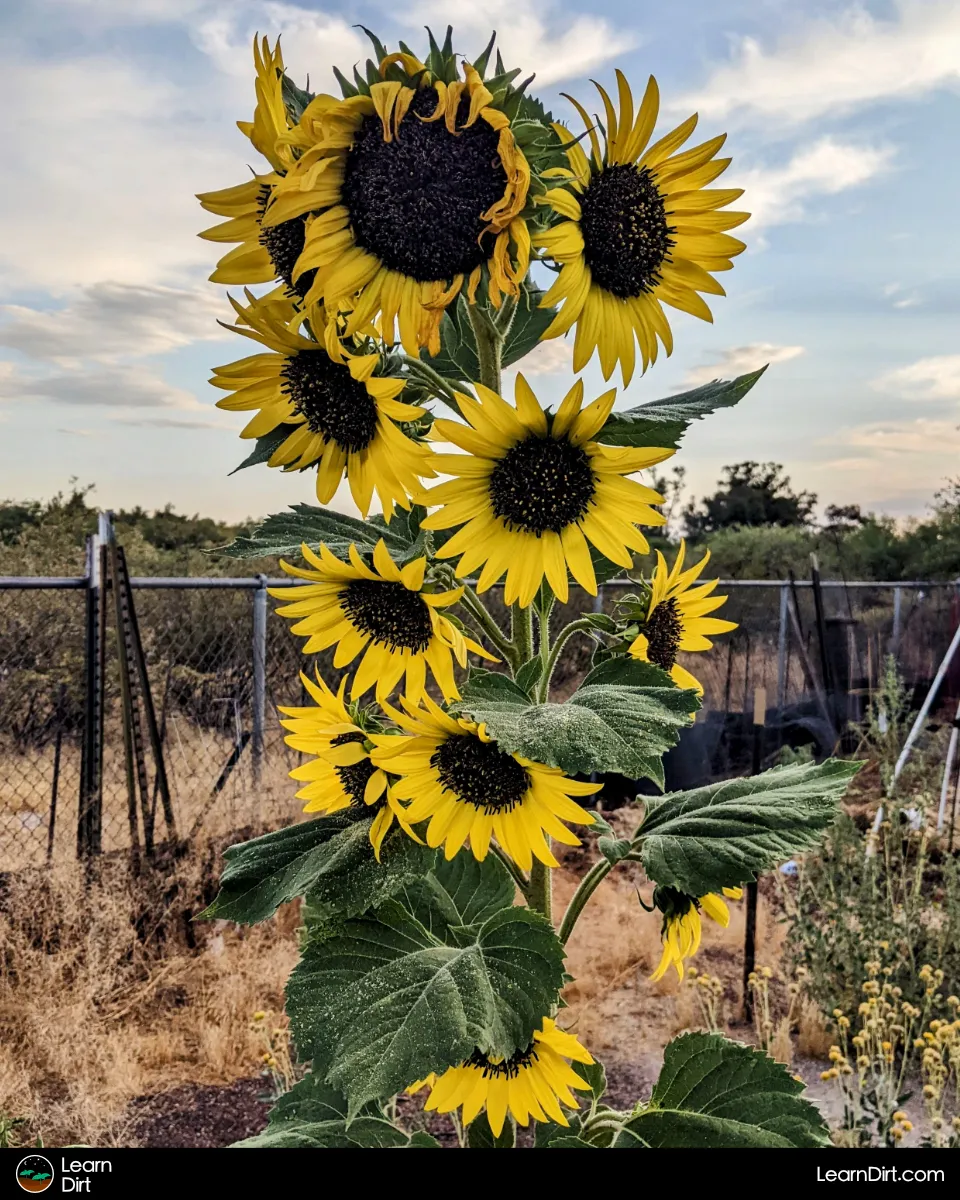
This stuff has the nutrient profile flowers need to put on a real show:
Fertilizer for Fruit Trees
If you grow fruit trees, you can't go wrong with this organic fertilizer to keep them well-fed:
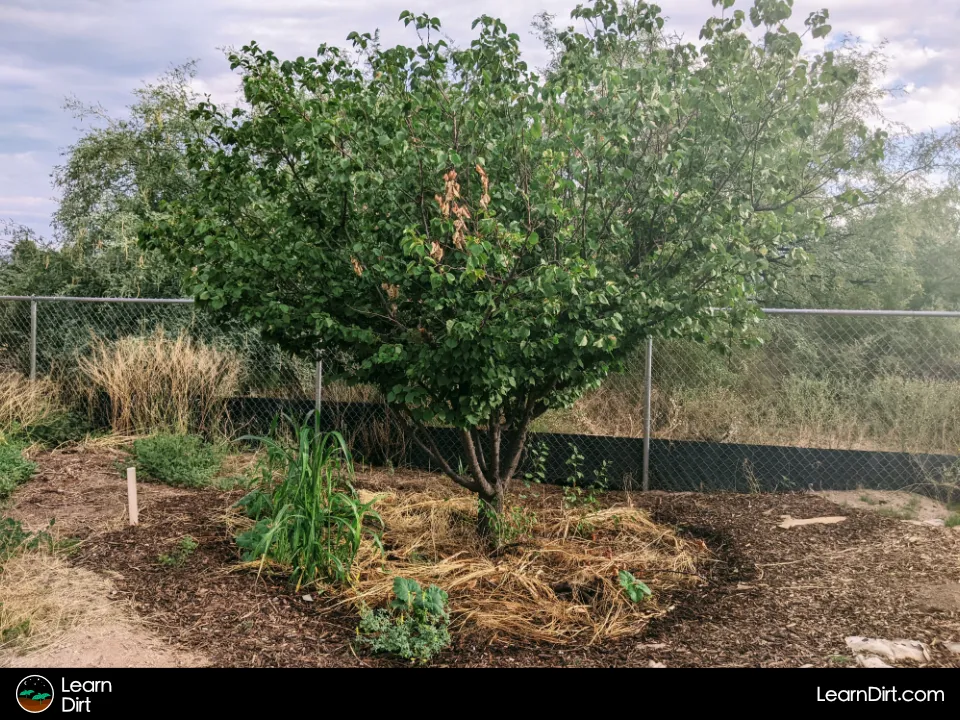
If you specifically grow citrus, avocados, or nuts, this organic option is even better:
Best Fertilizer for Evergreen Trees and Shrubs
If you've got evergreen trees and shrubs, this stuff is a great organic fertilizer to give them:
Best Fertilizer for Herbs
Herbs generally get by with less nutrition than what veggies require, and can be perfectly happy in depleted, low-quality soils.
That doesn't mean they never need to be fed, however, it just means you won't need to fertilize your herb bed nearly as often as your veggies (nor will they need the same volume of nutrition.)
I like either of these options for herbs:
The liquid fertilizer is faster-acting, but the Dr. Earth also acts as a beneficial microbial inoculant - making them both great choices on their own and perhaps even more powerful together.
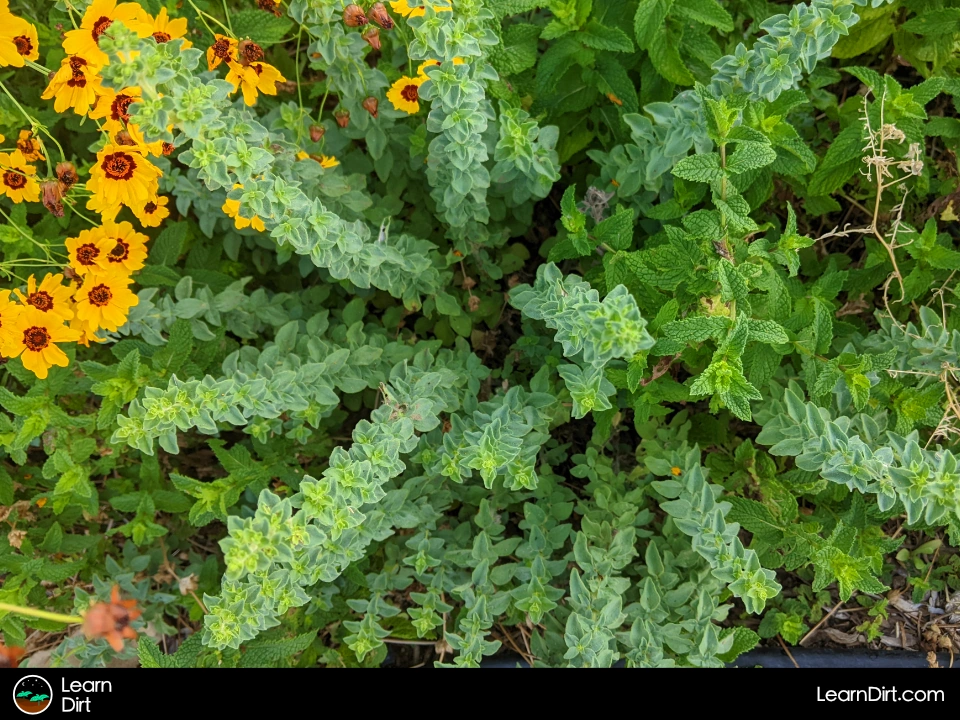
Potting Soil
Best Potting Soil for Vegetables
Best Potting Soil for Indoor Plants
Cacti & Succulent Soil Mix
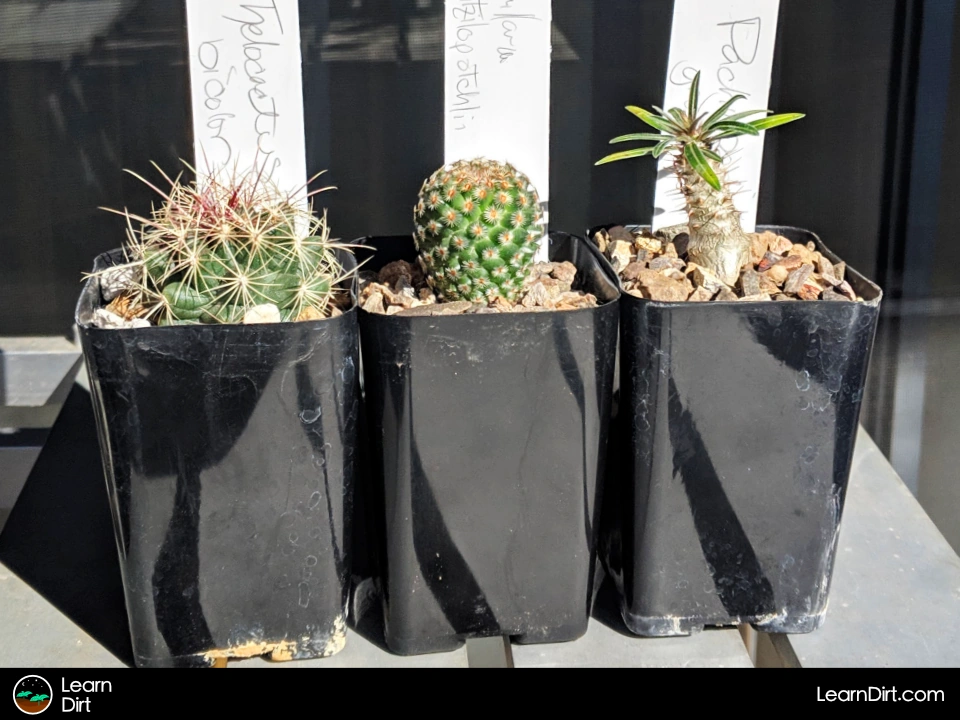
Best Potting Soil for Flowers
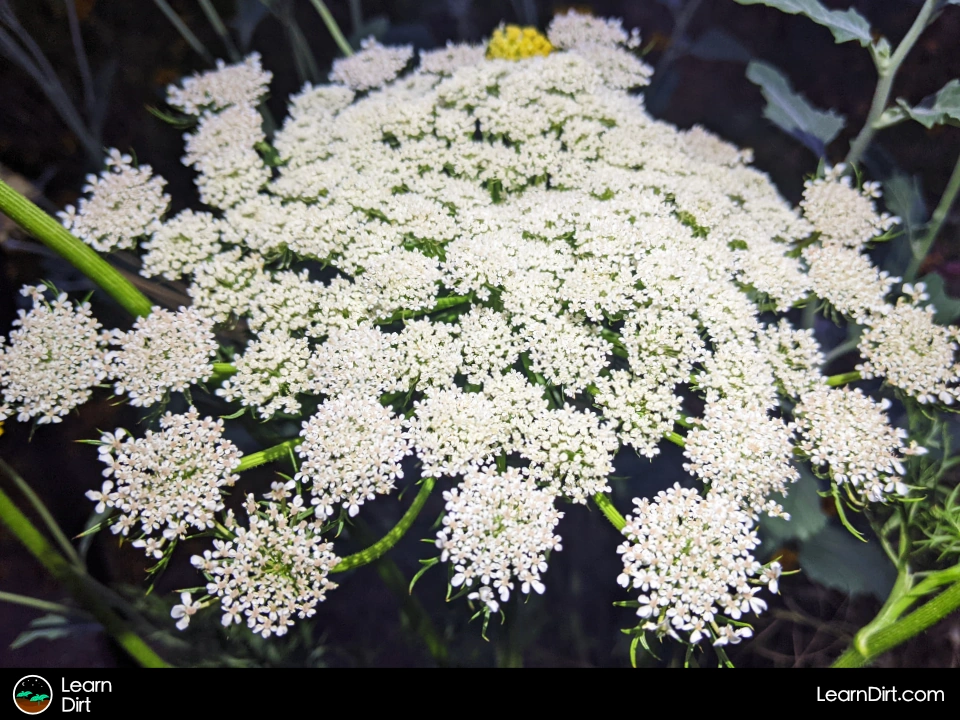
Best Potting Soil for Herbs
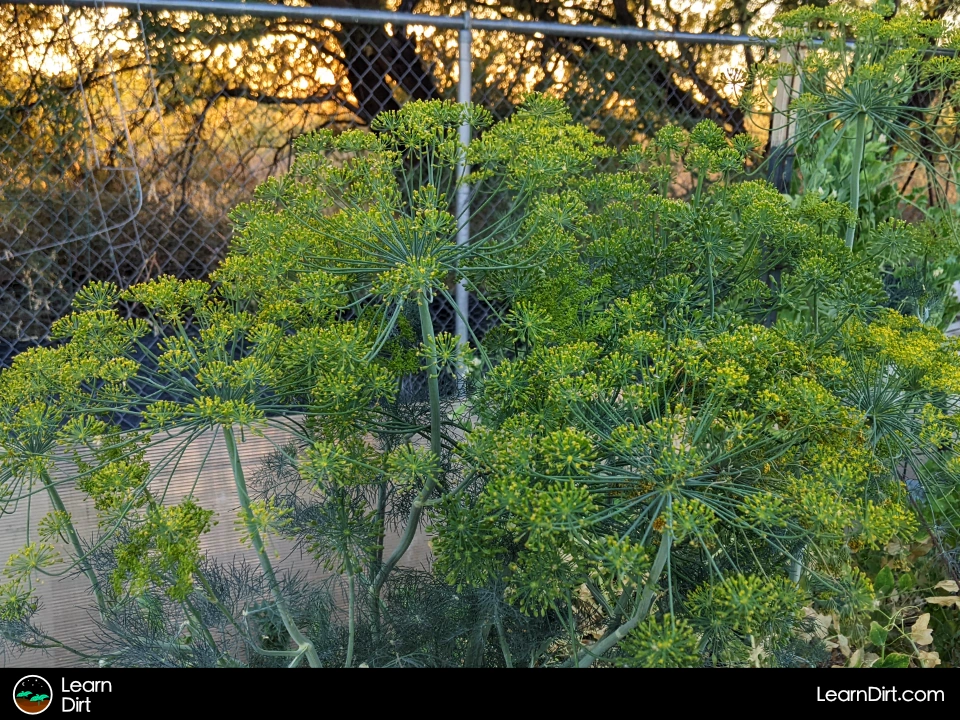
Dill is a host plant for black swallowtail butterflies, who lay their eggs on it. When they hatch, the caterpillars love the dill as a food source (who can blame them!?) so be sure to plant a bit extra for them.
Alternatives to Potting Soil
If you'd rather make your own potting soil as an alternative to buying it premade, check out our guide to custom soil mixes to learn all about what goes into different types of mixes.
Moving Beyond Products: The Better, Cheaper, Natural Alternatives
Once you're comfortable with the basics of organic gardening, the real fun begins.
The truth is that you don't actually need to buy any products to grow organically - people have been doing it for thousands of years, long before the garden center was ever invented.
The more you learn about organic gardening, the more self-sufficient you can become and the less you'll have to rely on buying, well, anything!
The following list outlines some of the key components for organic gardeners to learn in order to step their game up and reduce their reliance on gardening products. If you'd like to take your growing to the next level, dig into the concepts below:
Dig Cool Merch?
Homemade Compost
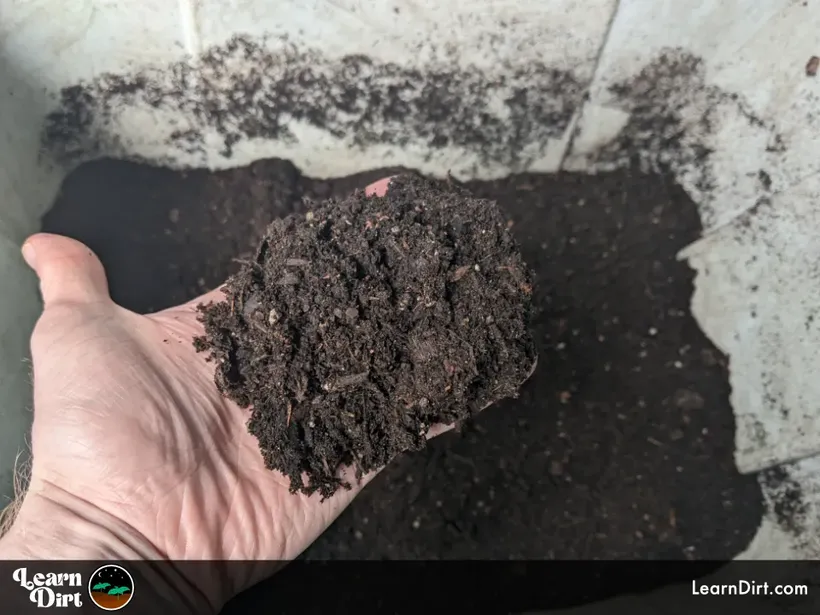
Read more about how to make incredible compost here.
Compost Tea
If you make your own compost and are interested in turning it into a liquid nutrient booster and probiotic, check out our guide to brewing compost tea to learn all about it.
Worm Tea
Worm tea is a brewed fertilizer tea made from the nutrient-dense liquid produced by your worm bin.
We will have an article all about worm bins here at some point, so check back soon!
Regenerative Gardening
Regenerative gardening is an overarching mindset that teaches you to prioritize soil health and nutrition, as well as to improve soil quality over time.
This website centers around this regenerative mindset, with many bits and pieces of other paradigms fused in to create a holistic way of seeing gardens as complex systems, and of shepherding them into healthy balance over time.
If that sounds interesting to you, you can learn more about the organic regenerative mindset here, and browse around the site to delve deeper if you'd like.
No-Till Gardening
No-till is an approach to soil-buiding that aims to improve soil structure, nutrition, drainage, reduce erosion, and reduce nutrient depletion to a varioty of other factors as well.
No-till gardening helps you hang onto the nutrients your soil already has, while making your soil better over time.
Read more about no-till gardening here.
Chop and Drop
Chop and Drop is a method that emulates a forest floor, strewn with a layer of leaves, sticks, trimmings, stalks, and stems from the previous grow cycle.
These trimmings act as a mulch and protective soil layer, which eventuallf breaks down as a sort of compost-in-place right atop your garden soil.
This is a great way to build new layers of rich soil, while recycling the materials from your last grow cycle.
Keep reading about what chop and drop gardening is here.
Cover Crops
Nitrogen-fixing cover crops, such as hairy vetch and Alfalfa are grown to accumulate essential nitrogen and carbon from the air. These are converted into solid forms in the bodies of these plants, which can later be converted into fertilizer.
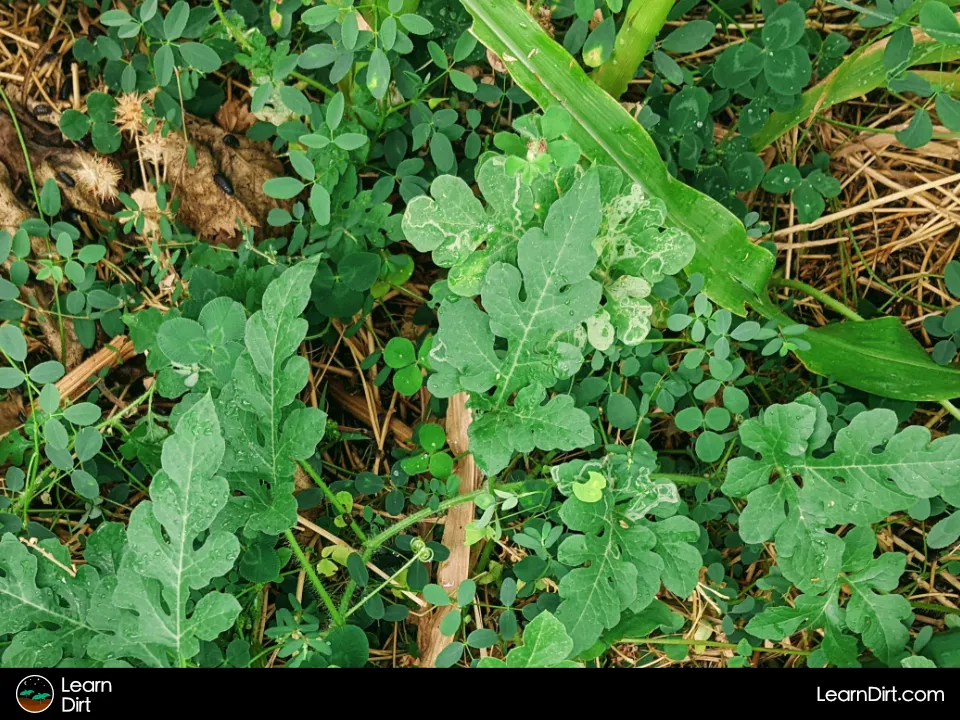
Methods such as chop + drop (above), composting, and fermenting into FPJ are all great ways to convert your cover crops into the highest-quality fertilizer for plants. This completely removes any need for expensive and detrimental synthetics such as Miracle-Gro.
Learn about why you should plant cover crops here.
Crop Rotation
Because each crop you grow will pull differing amounts of each nutrient and mineral from the soil, constantly growing the same things in the same places can exacerbate the depletion of certain nitrients.
Crop rotation has many benefits, but within the context of soil nutrition it's a great way to ensure you don't take too much of any one nutrients from the soil faster than you can replenish it.
Crop rotation goes hand-in-hand with soil nutrient considerations and fertility planning.
Read more about why crop rotation is important here.
Fermented Plant Juice & Fermented Fruit Juice
Fermenting plants into nutrient-rich probiotic fertilizers is a method from Korean Natural Farming and is both dead-simple and highly effective.
By utilizing this natural fermentation method for weeds, trimmings, and unneeded parts of crops, you can recycle the nutrients in these plants in a way that is much faster then composting them.
The result is a liquid super fertilizer made in a few short weeks that can boost plant growth in a big way.
To learn about FPJ and FFJ, check out our fermented plant extract guide here.
Final Notes...
This entire website is devoted to providing you with a wealth of regenerative gardening knowledge, insight, tips, tricks, and deep studies.
If you're ready to move beyond synthetics, build healthy soil, feed your plants the highest quality organic nutrients, and save money - take a deep dive here on Learn Dirt and jump down the rabbit hole of articles.
You'll be amazed at the gold you can dig up here. Happy gardening!
That's all for now, thanks for reading!
If you have any questions, comments, or would like to connect with fellow gardeners, head on over to the forum and post there.

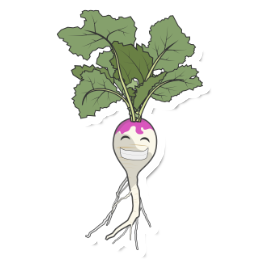
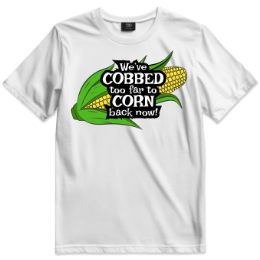


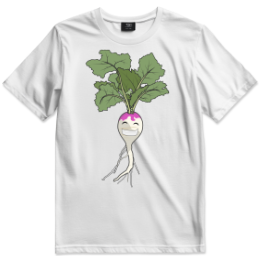
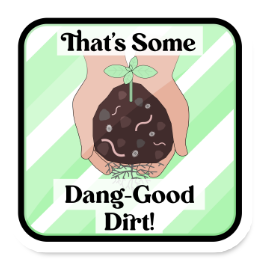
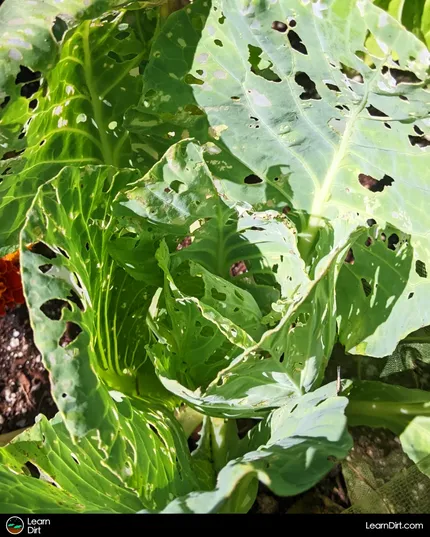
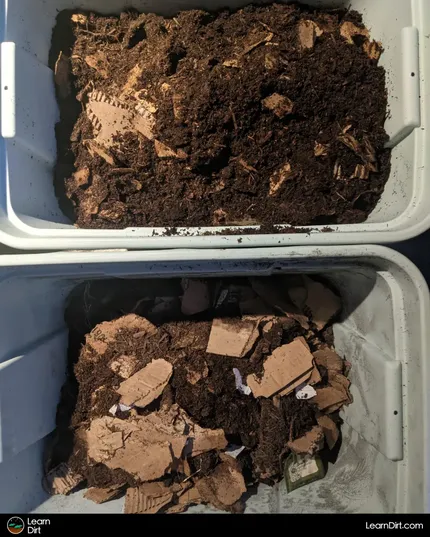
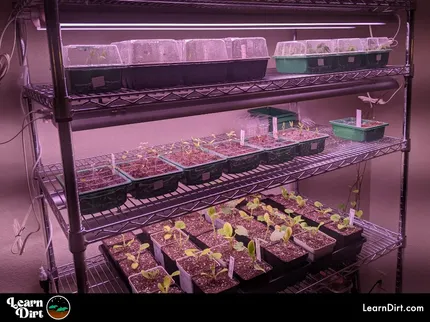
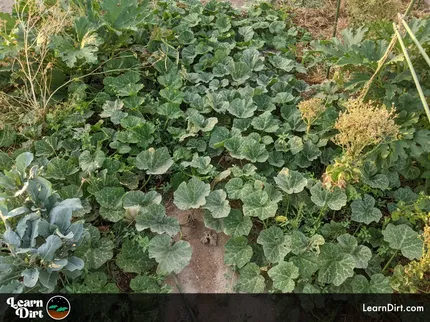
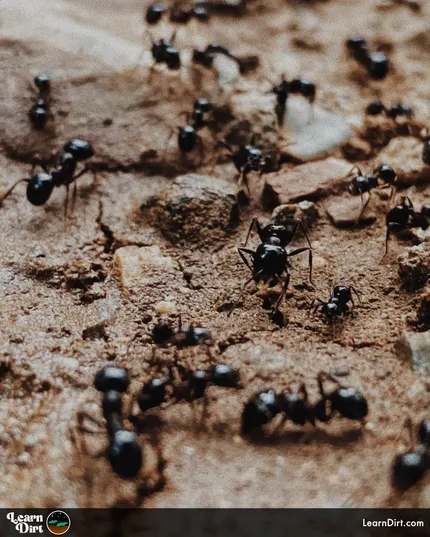
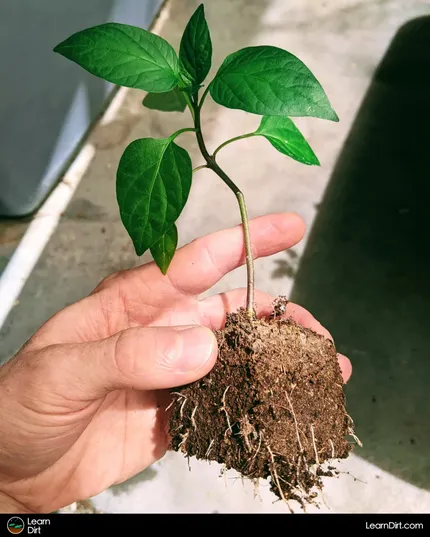
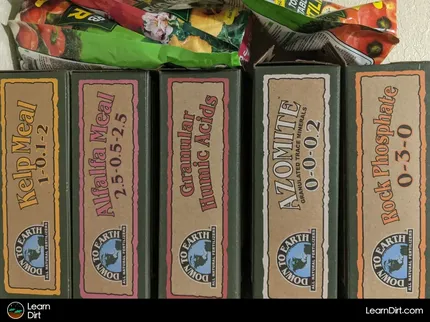
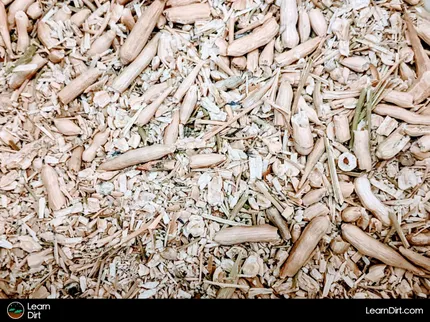
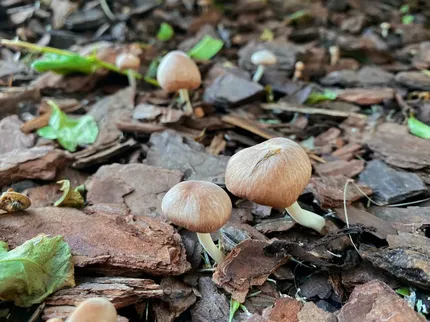
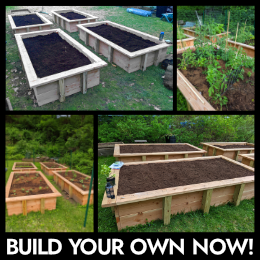
![Black Dirt Live Again [Purple] Sticker](/media/product_images/black-dirt-live-again-[purple]_sticker_260x260.png)
